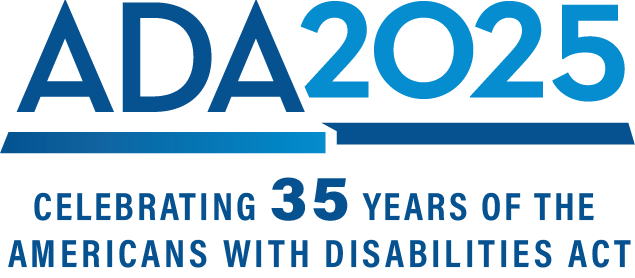GPS navigation has made it easier for people who are blind or visually impaired to walk around and ride buses without visual cues such as street signs or landmarks. However, GPS technology doesn’t work as well in indoor spaces such as malls, airports, and conference centers.
The Sendero Group, a NIDILRR-funded grantee, was the original developer of accessible GPS and navigation technology for people who are blind or visually impaired. An example of this technology was the Seeing Eye GPS. Sendero Group LLC closed in 2018. In 2019, a company called Aira acquired the mobile apps developed by Sendero. Subsequently, a company called GoodMaps (a spin-off of the American Printing House for the Blind) acquired the former Sendero GPS mobile apps from Aira and made these apps free under the new name GoodMaps Outdoors, which is available in the App Store and the Google Play Store. GoodMaps continues to develop accessible navigation products, integrating outdoor and indoor mapping and navigation
In 2024, GoodMaps launched a new inclusive indoor navigation free app, available in the App Store and Google Play Store, which provides robust features for users with different disabilities, including people who are blind, deaf or hard of hearing, mobility impaired, or the general population. This app would not be available were it not for a three-year National Institute on Disability, Independent Living, and Rehabilitation Research field-initiated development grant called Precise Customized Navigation for All, Indoors and Outdoors.

